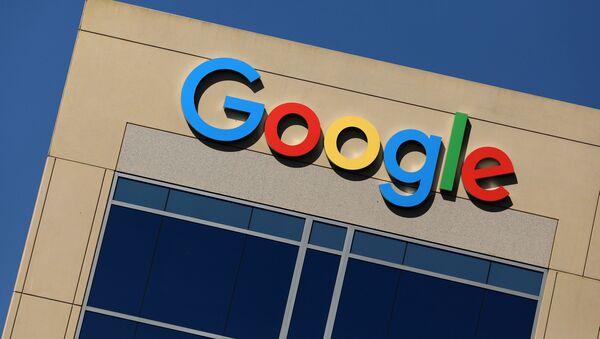Kristian Rouz – The EU authorities have been considering bringing the taxation on internet companies – such as Google and Amazon – in line with the corporate tax levels, despite the fact such companies are based outside of the EU. Brussels is citing the high revenues these companies are extracting from their access to the EU market, compared to the very low – below 1 percent – taxes they contribute to the EU budget.
France wants internet companies to pay taxes on their total turnover in the bloc, but the smaller EU member-states say such a move would have negative enormous economic consequences.
Earlier this year, Ireland refused to collect billions of euros in taxes on Apple, which the EU accused of underpaying taxes last year.
The EU finance ministers met in Tallinn over the weekend, and Germany, Italy, and Spain, among 10 member-states, backed the French initiative. Eight others, led by Ireland and including Luxembourg and Denmark, have objections.
The EU’s standard taxation practices have failed to apply to digital multinationals, who subsequently are paying an almost-zero rate tax on their multibillion-dollar operations. Whilst some European countries are lacking budget revenues and struggling with high debt-to-GDP ratios, the idea of higher taxation on Internet giants is appealing, especially given that they oftentimes compete with their European peers who pay proper corporate tax, thus losing out in the competition.
“We should be very careful,” the Danish Finance Minister Kristian Jensen said, adding that higher levels of taxation might result in Internet companies closing down their operations in Europe.
“I’m always skeptical about new taxes and I think that Europe is taxed heavily enough,” Jensen added. The Internet companies are “the future,” according to the Danish Finance Minister.
The opponents of higher taxation say a global regulatory agreement is needed in order to make this initiative viable, and such an accord would require cooperation from the US, Russia, and China.
Austrian Finance Minister Hans Joerg Schelling said the EU can reach an internal compromise solution in order to pass it on to the OECD for review. Subsequently, a global regulatory framework might be achieved, which would be a comprehensive solution.
France, however, insists that the European interests must be put first. The French officials will be visiting their colleagues from the countries opposed to the tax in the coming weeks. A new EU meeting on the matter is scheduled for October and will be held in Luxembourg, and the bloc expects to reach a consensus by December.







